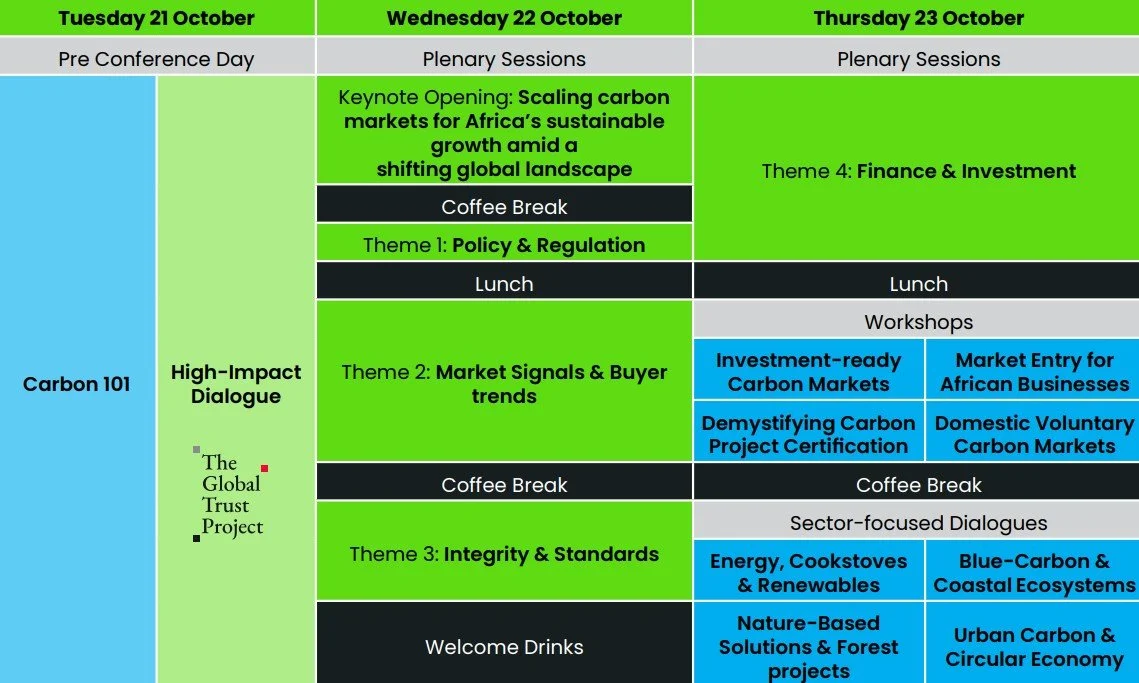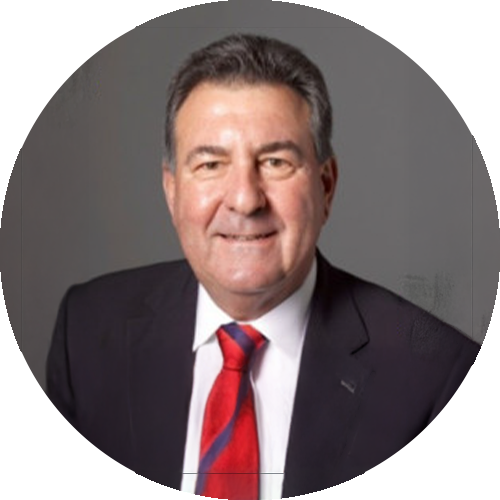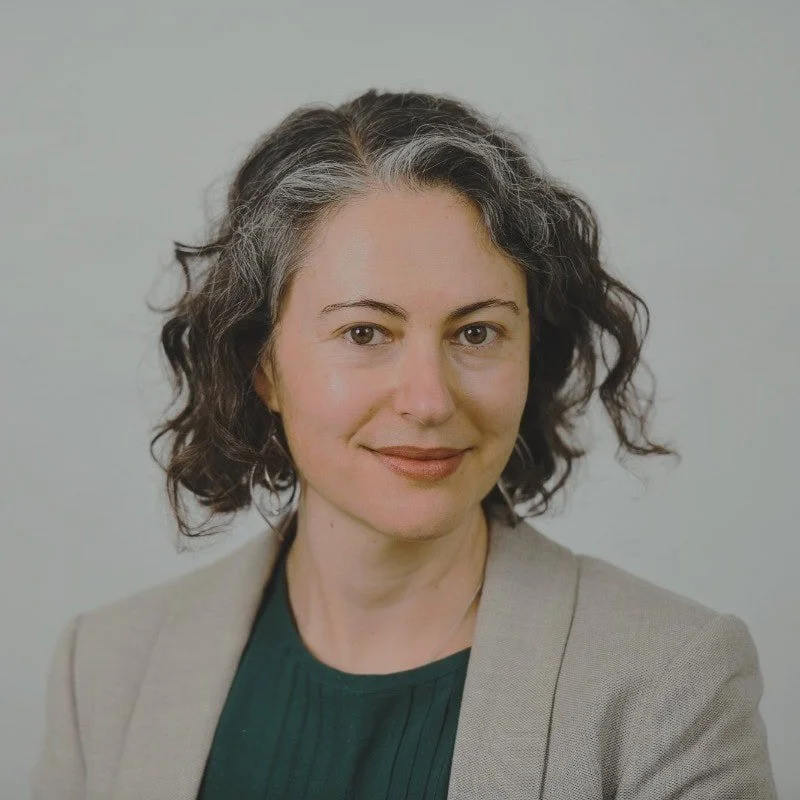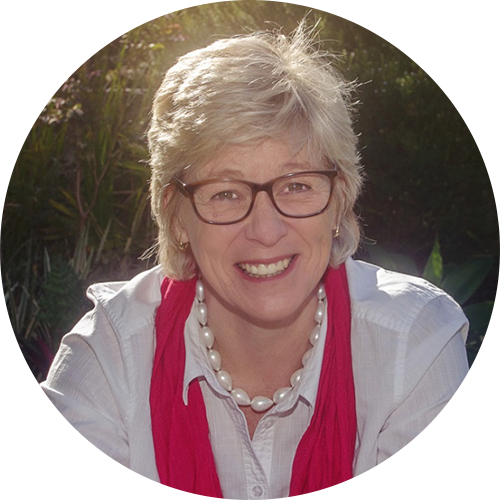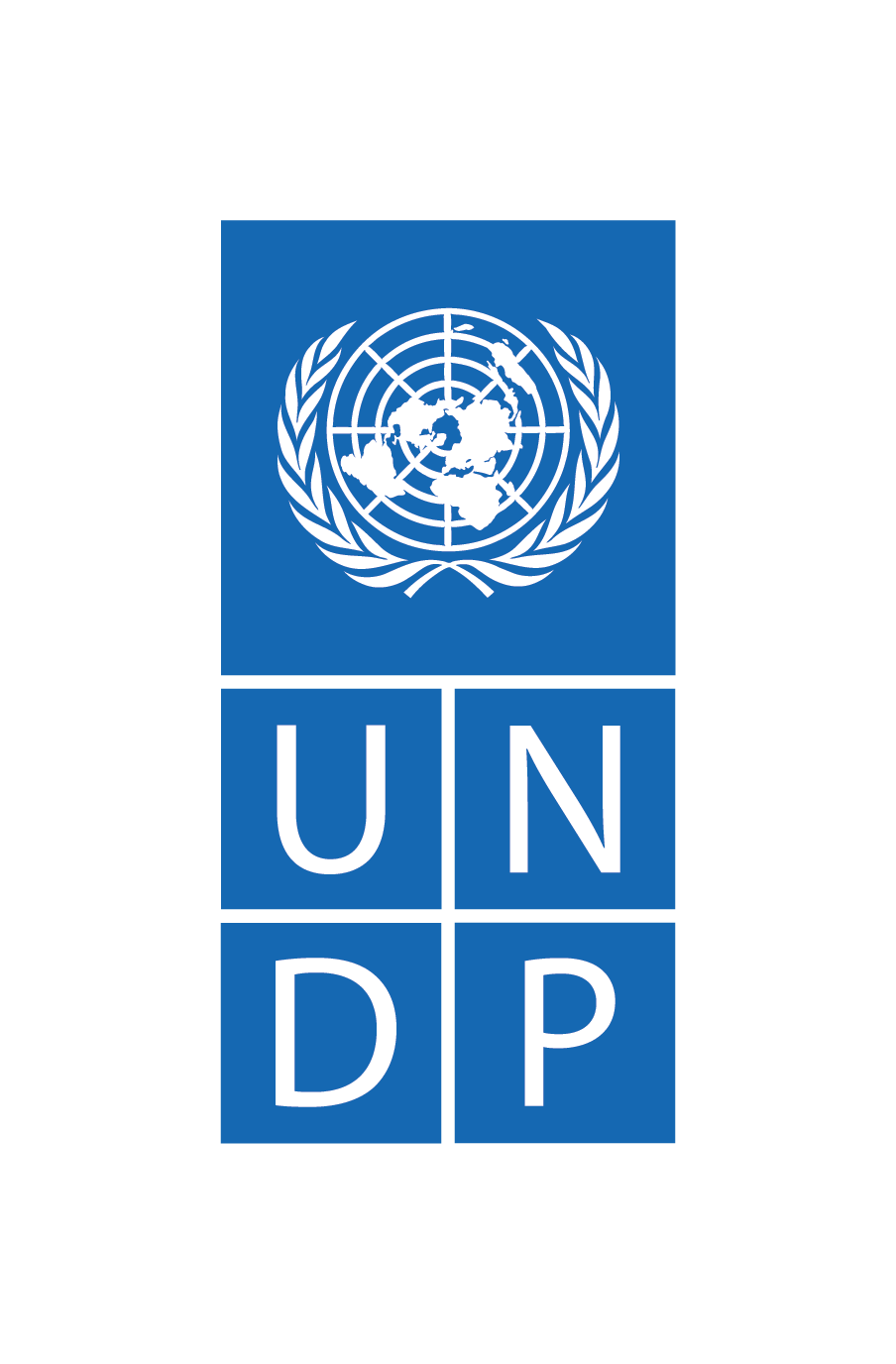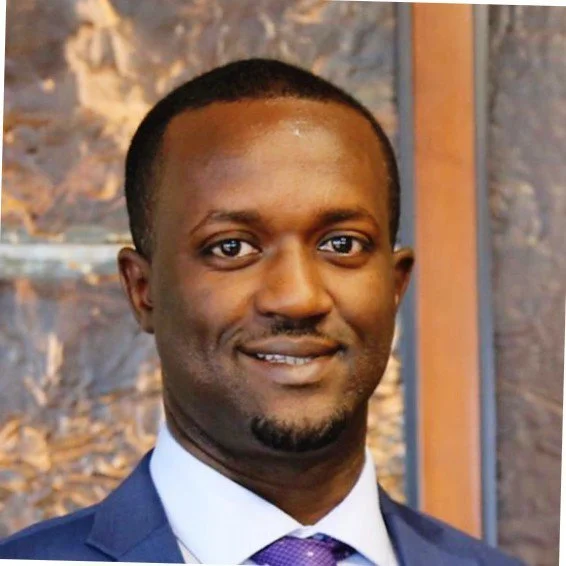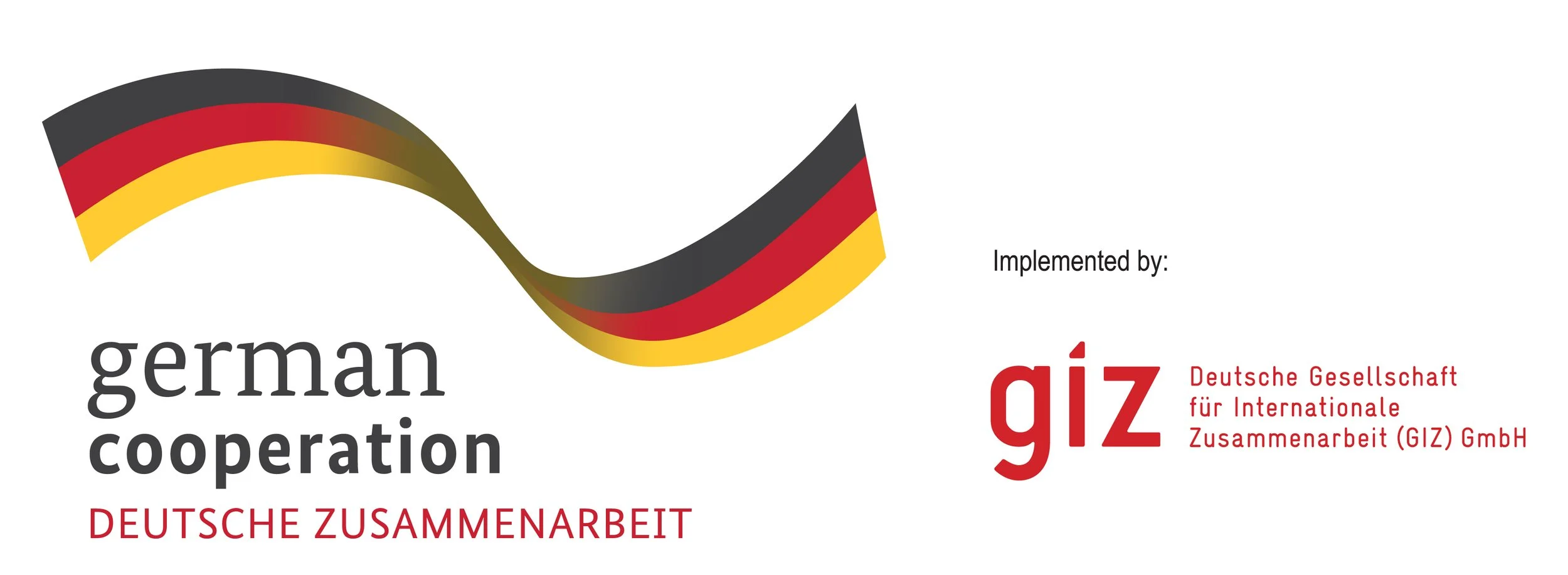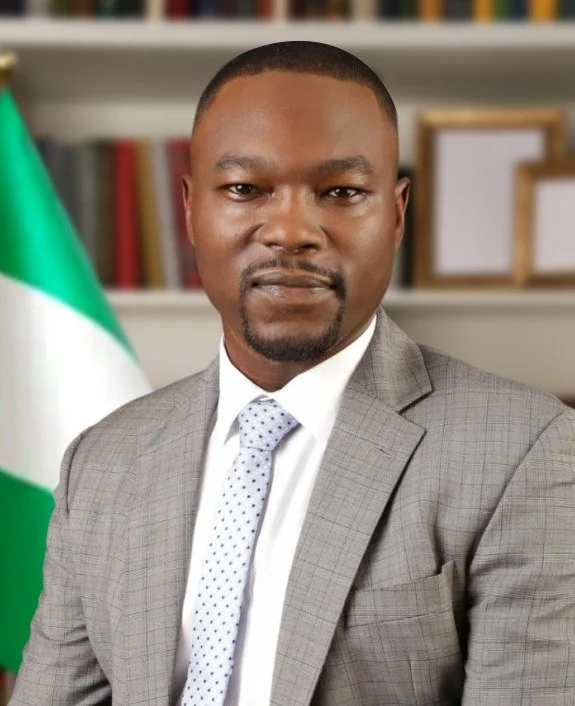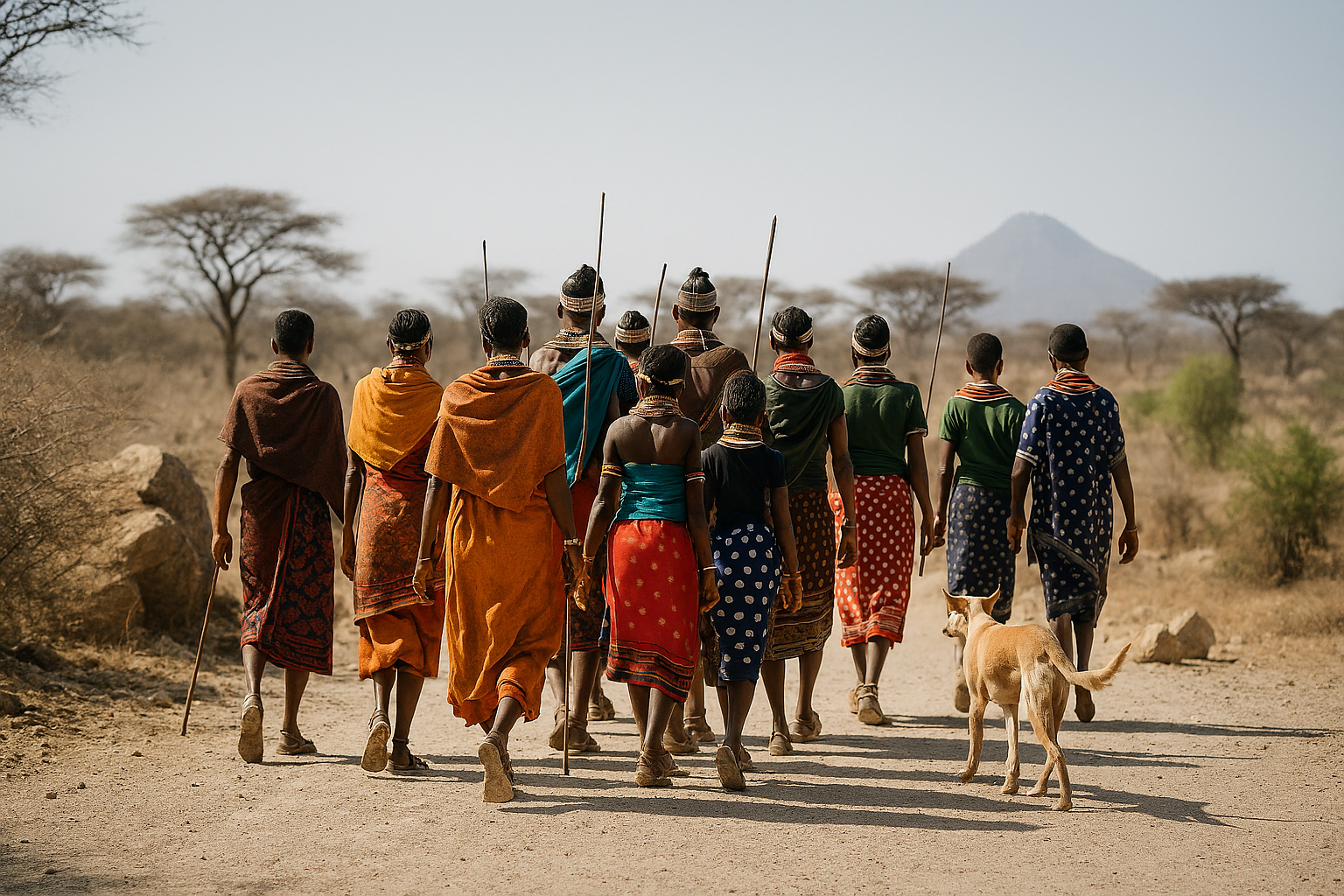
Deep dives into carbon policy, investment & innovation
Explore the agenda driving Africa’s carbon markets forward.
Key themes:
Policy, Regulation & African Leadership: Unlocking carbon markets as a lever for Africa’s net-zero and development goals
Global Trends & Market Signals: Assessing geopolitical dynamics, buyer expectations, market data
Financing the Future: Mobilising continental & global capital, innovative finance, and investor engagement
Market Integrity & Standards: Ensuring credibility, trust, and transparency in Africa’s carbon landscape.
Regional & Continental Cooperation: Uniting private and public actors for collective impact
From Projects to Pipelines: Scaling investment-ready, high-Integrity carbon initiatives
Beyond Carbon: Co-benefits (Biodiversity, Social, Economic, Educational),
2025 Programme Overview
Select a day
7:30-9:00 Registration VENUE: Hotel Lounge, ground floor
7:30-9:00 Coffee VENUE: 4th floor foyer
CARBON 101
Hosted by:

9:00 - 16:00
VENUE: Oxford
Designed as a strategic primer, this pre-conference CARBON 101 offers a clear and comprehensive introduction to the architecture of carbon markets - from international frameworks and African policy landscapes to credit integrity and investment fundamentals.
Facilitator: Bernardin Uzayisaba, Carbon Market Programme Specialist, UNDP
Facilitator: Andrew Gilder, Director, Climate Legal, South Africa
Facilitator: Olivia Tuchten, Principal Climate Change Advisor, Promethium Carbon, South Africa
Abdilahi Nuh, Founder and Director - Climate Innovation, Presto innovations, Kenya
Facilitator: Kent Davis, Partner, Webber Wentzel, South Africa
We’ll explore how leading standards now embed social and environmental safeguards, ensure community inclusion, and address equity and benefit-sharing. With a spotlight on controversies and lessons learned, the session offers a balanced view of integrity that aligns both climate and justice goals.
Facilitator: Stella Napanu, Indigenous Peoples Outreach and Policy Senior Manager, ICVCM
High-Impact Dialogue
As part of CMAS 2025’s mission to catalyse high-integrity, African-led carbon markets, this High-Level
Dialogue will convene a strategically diverse group of market actors to explore a defining question:
What must trustworthy carbon markets look like – and how can they be designed to deliver faster, fairer, and
more verifiable impact?
- Integrity – by providing candid diagnosis and capability-building tools
- Investment – by framing trust as a risk-reduction and value-multiplying asset
- Impact – by enabling African actors to shape frameworks from the inside out
Presented by:
Dominic Wilhelm, Executive Director, The Global Trust Project, South Africa
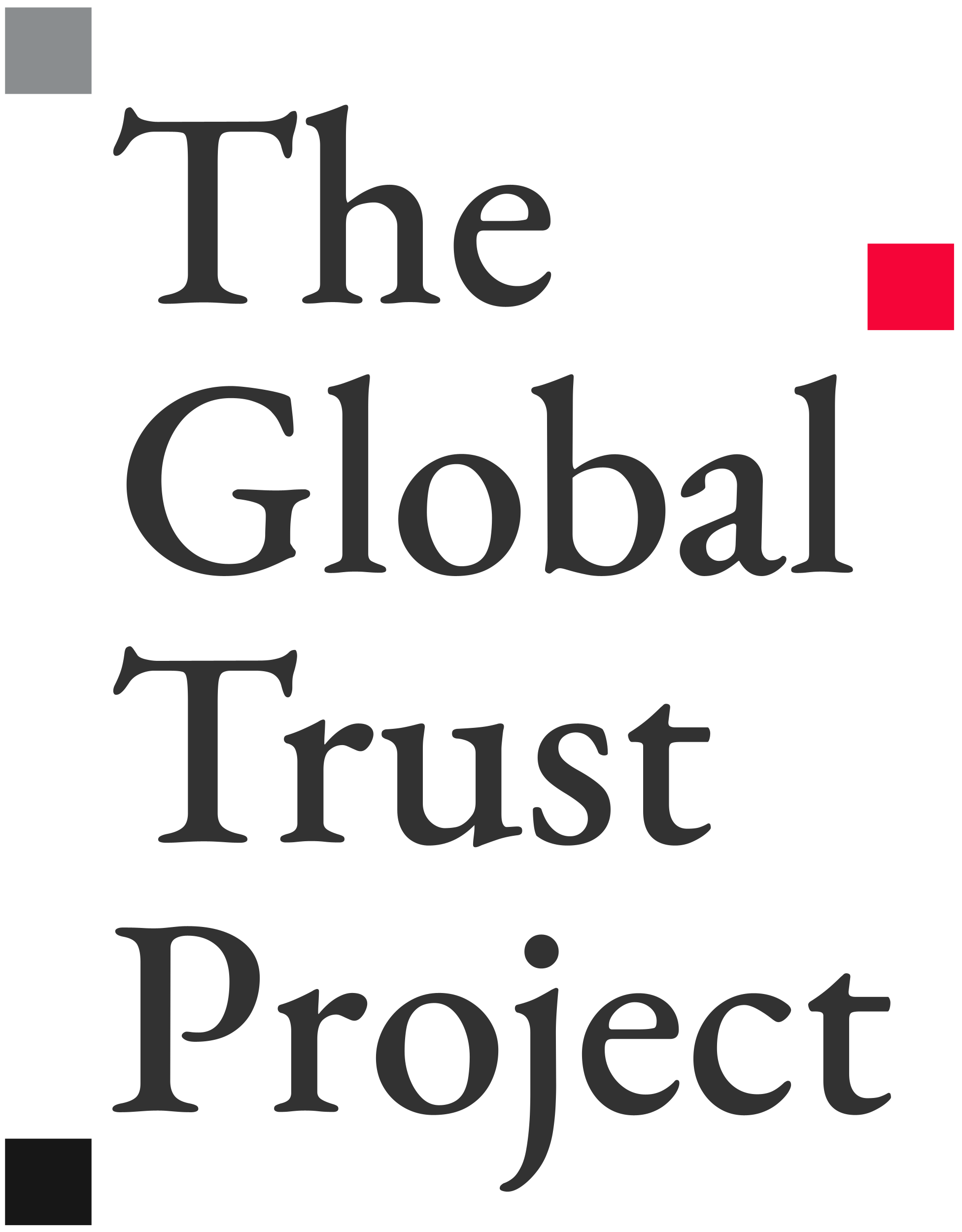
VENUE: Cambridge
Participants will:
• Map where trust breaks down across the carbon value chain
• Explore governance, inclusion, and verification challenges
• Prototype tools and frameworks that operationalise trust
Keynote Speakers
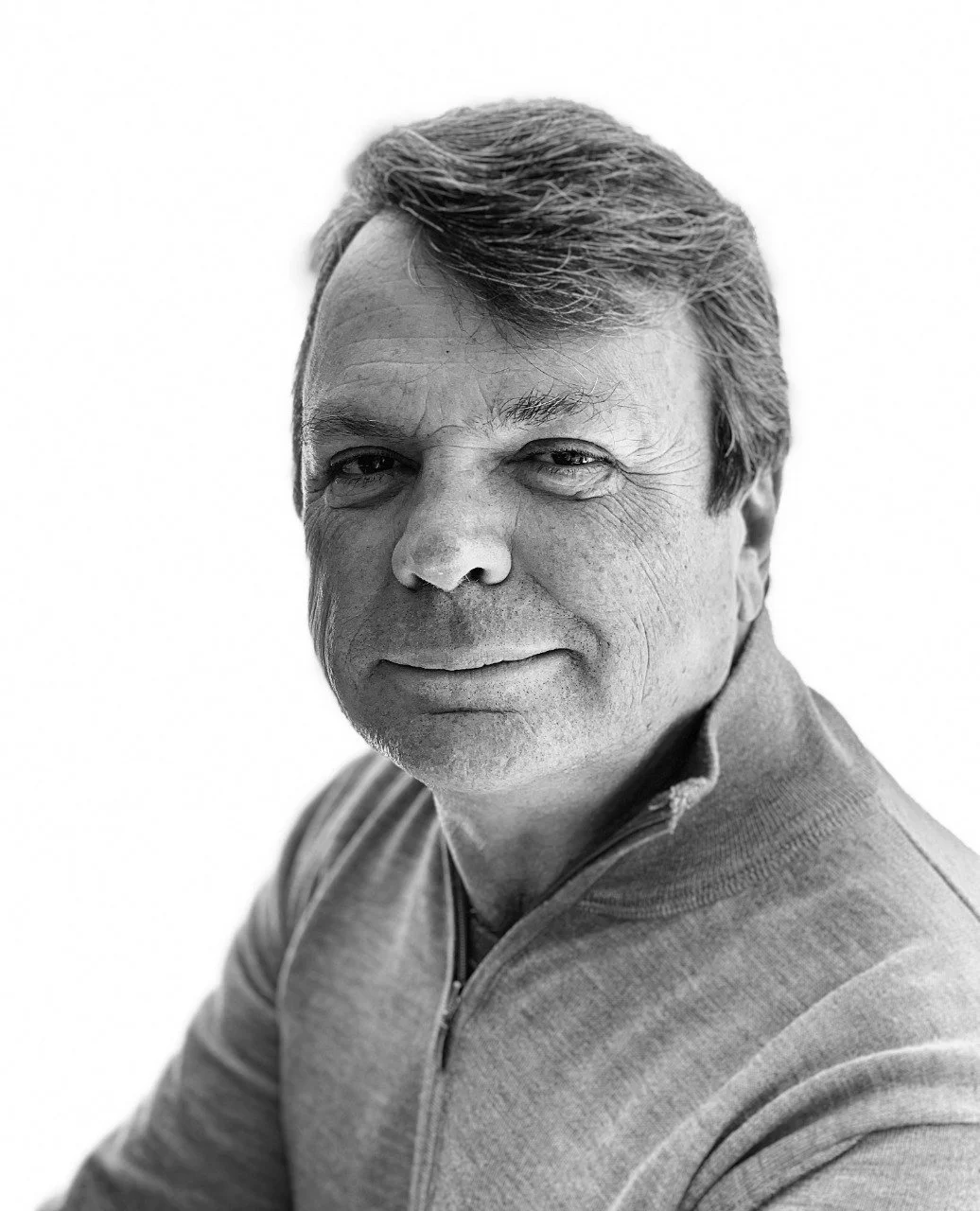
Iain Banner
Go Green Africa,
South Africa

Dion George
Minister of Forestry, Fisheries and the Environment,
South Africa*

Fenella Aouane,
Managing Director – Head of Carbon Pricing, Global Green Growth Institute,
Luxembourg

Sandra Lindström,
Head of International Climate Cooperation, Swedish Energy Agency

Maxwell Gomera,
Resident Representative of UNDP South Africa and Director of the Africa Sustainable Finance Hub, Africa Region, UNDP
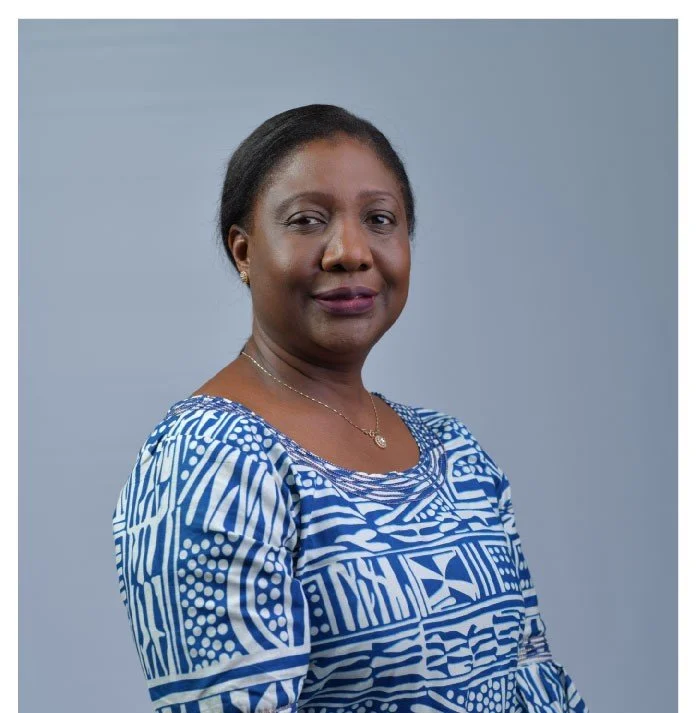
Estherine Lisinge Fotabong,
Director, Agriculture, Food Security and Environmental Sustainability, African Union Development Agency – NEPAD,
South Africa

Storm Patel,
Commercial Director, TASC,
South Africa
7:30 - 8:30 Registration VENUE: Hotel Lounge, ground floor
7:30 - 8:30 Coffee VENUE: 4th floor foyer
8:30 - 11:50 KEYNOTE OPENING SESSION - Scaling Carbon Markets for Africa’s Sustainable Growth Amid a Shifting Global Landscape
As the global carbon landscape evolves through shifting geopolitics, financial realignments, and rising integrity demands, Africa emerges as a strategic frontier — rich in natural assets, climate ambition, and untapped potential. The continent now has a pivotal opportunity to define its own carbon trajectory, attract meaningful investment, and align carbon market growth with the priorities of climate resilience, equity, and sustainable development.
Master of Ceremony: Candice Stevens, Founder and CEO, Sustainable Finance Coalition, South Africa
Sponsored by:
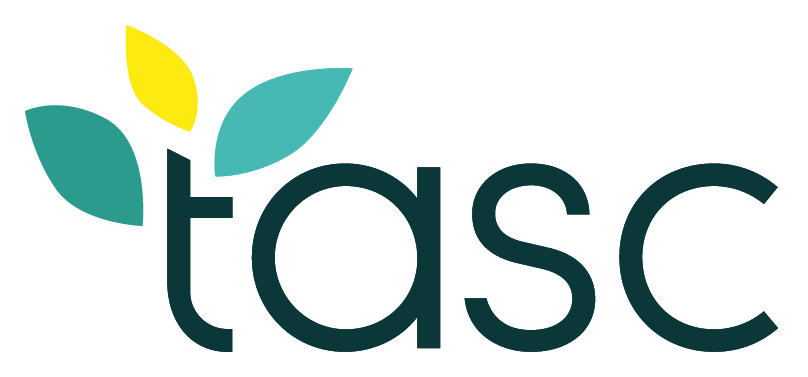
VENUE: Oxford
• Fenella Aouane, Managing Director – Head of Carbon Pricing, Global Green Growth Institute, Luxembourg (V)
Sweden’s Two Decades of Carbon Market Leadership: Advancing Global Ambition and Africa Partnerships through Article 6
• Sandra Lindström, Head of International Climate Cooperation, Swedish Energy Agency
• Maxwell Gomera, Resident Representative of UNDP South Africa and Director of the Africa Sustainable Finance Hub, Africa Region, UNDP
Carbon Market that works for Africa: Integrity, Equity, and Impact
• Estherine Lisinge Fotabong, Director, Agriculture, Food Security and Environmental Sustainability, African Union Development Agency – NEPAD, South Africa (Recorded video address)
• Storm Patel, Commercial Director, TASC, South Africa
Sponsored by:

• Is Africa’s carbon strategy aligned with global frameworks like Article 6?
• How can Africa ensure global standards reflect local realities?
• What partnerships are needed to scale investment and demand?
• How can Africa present a united front ahead of COP30?
Panellists:
• Olufunso Somorin, Carbon Markets Coordinator, African Development Bank Group, Kenya
• Heather McEwan, Senior Manager of Africa and the Middle East, Verra
• Kwame Ababio, Head of the Environment and Climate Change Unit, AUDA-NEPAD, South Africa
• Lorna Ritchie, Policy Director, Integrity Council on Voluntary Carbon Markets (ICVCM), United Kingdom
Sponsored by:
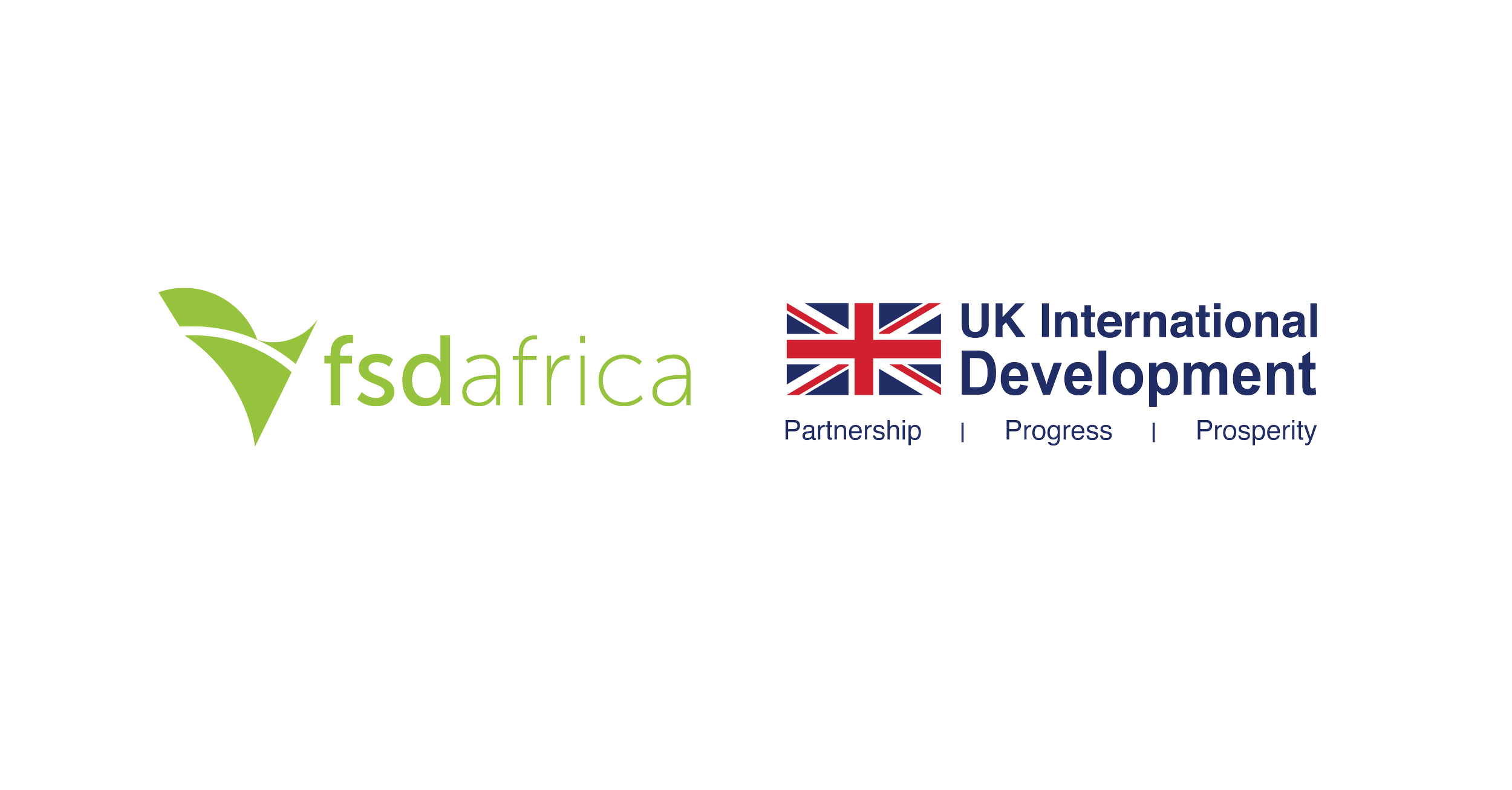
Speakers:
• Gladys Warigia, Policy Advocacy Manager, Kenya Wildlife Conservancies Association, Kenya
• Ben Taylor, CEO, Agora Global Ltd, United Kingdom
Tim McLellan, CEO, Trees for the Future
Mercy Karunditu, Country Director, Trees for the Future Kenya
Ayub Ochieng Buyu, Farmer, Migori District, Kenya
11:45 Barotse Rangelands for Restoration Project - Zambia
Renier van Vuuren, CEO, Pro Green Earth & co-founder and Managing Director, Impuls Africa, Zambia
Lucy Pieterse, Chief Technical Officer, Progreen Earth, Zambia
11:55 Udongo Mzuri Biochar Carbon Project – Kenya
Fidoh Kens Ochieng, CEO, WICCARE Africa, Kenya
Isaac Bosire, Environmental Expert, WICCARE Africa, Kenya
AFRICA’S CARBON MARKET FRAMEWORKS: TURNING POLICY INTO ACTION
As African countries move from climate ambition to implementation, regulatory clarity is becoming the cornerstone of carbon market development. This session explores how national frameworks are evolving post-COP29, what integration of Article 6 looks like on the ground, and how public-private collaboration can drive
effective execution.
Moderator: Bernardin Uzayisaba, Carbon Market Programme Specialist, UNDP, South Africa
• What are Africa’s early leaders in carbon policy getting right - and what can others learn?
• How are countries turning Article 6 commitments into national policy and legal frameworks?
• What’s working in terms of national registries - and where are the gaps
• What’s next for South Africa’s Carbon Tax and how this could serve as a continental model?
• What will it take to operationalise post-COP29 standards within African regulatory systems?
Panellists:
• Ibrahim Shelleng, Senior Special Assistant to the President, Government of Nigeria, Nigeria
• Mkhuthazi Steleki, Director: Climate Change Developments and International Mechanisms, Department of Fisheries Forestry and the Environment (DFFE), South Africa
• Ephraim Mwepya Shitima, Director, Green Economy and Climate Change, Ministry of Green Economy and Environment, Zambia (V)
• Felix Mechnig-Giordano, General Manager, Terraviva, Zimbabwe
Moderator: Ravi Raichoora, Special Advisor Carbon Markets and Climate Finance, African Union Development Agency – NEPAD, South Africa
Speakers:
• Andrew Ocama, Coordinator, East Africa Alliance on Carbon Markets and Climate Finance, Uganda
• Ousmane Fall Sarr, Coordinator, West African Alliance on Carbon Markets and Climate Finance, Senegal
Olu Ademuwagun, Chief Executive Officer, Noblesse Green Energy, Nigeria
14:25 Akwaaba Project - Ghana
Herman Neethling, General Manager, Shell Nature Based Solutions Europe, Middle East and Africa, UK
Sponsored by:

Moderator: Francesca Cerchia, Global Head of Climate Solutions, SGS, United Kingdom
VENUE: Oxford
15:00 Carbon Markets in Motion – Key Signals from 2025
A 10-minute data-led overview of the latest demand, pricing, and integrity trends shaping global and African carbon credit markets.
Erisa Senerdem, Global Lead, Carbon, Argus Media, United Kingdom
15:10 PANEL DISCUSSION: Carbon Gold Rush? Navigating Demand, Pricing & Buyer Expectations
• What trends are shaping global and African carbon credit demand in 2025-2030?
• What does “high integrity” look like to a buyer in 2025?
• What’s hot in sectors, standards, and credit types - what are buyers really looking for in African credits?
• What’s driving pricing in African carbon markets - and what constitutes a fair price for African credits?
Panellists:
• Mandy Rambharos, Chief Executive Officer, Verra (V)
• Shalendra Subramoney, Senior Manager Sustainable Business Mechanisms, Strategy and Sustainability, Business Building Strategy and Technology, Sasol, South Africa
• Muireann Mageras, Global Head of Sustainability Strategy, Hartree Partners, Switzerland
• Bryan Adkins, CEO, Eden: People+Planet, Kenya
16:00 FIRESIDE CHAT: Navigating CORSIA: Opportunities for Africa in the Global Aviation Market
• What role will CORSIA play in shaping demand for African credits? How can African airlines and governments effectively engage in CORSIA-aligned credit generation?
• What lessons can be drawn from early movers like Kenya Airways in navigating CORSIA frameworks?
• What opportunities exist for African project developers within the aviation-linked carbon market?
Speakers:
· Will Gifford, Policy Manager, Aviation & NCS Lead, IETA, UK (V)
· Wakina Mutembei, Sustainability Lead, Kenya Airways, Kenya (V)
Wouter Drinkwaard, Business Development Manager, Shell, Netherlands
Chileshe Chilangwa, Chief Operations Officer, Mafisa, Zambia
16:25 GIZ CooPSA project – South Africa
Atang Masilomagwe, Technical Advisor, CooPSA, GIZ, Botswana
Taboka Motlhabane, Project Manager and Technical Advisor, PDP and CooPSA, GIZ, Botswana
16:35 Biomass Conversion Technology project – South Africa
William Makwinja, Co-CEO, Phambili Energy, South Africa
This closed-door dialogue is designed to encourage candid discussion, strengthen political coordination, and foster regional leadership in shaping Africa’s carbon market future.
Sponsored by:
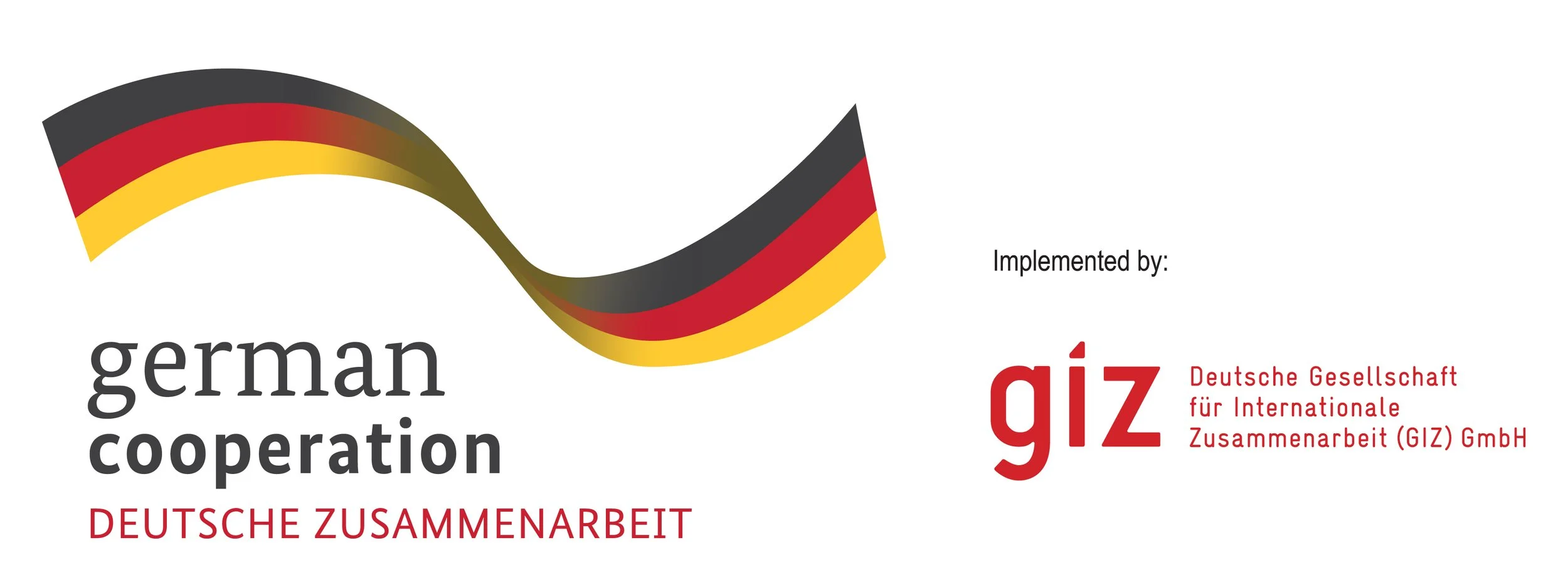
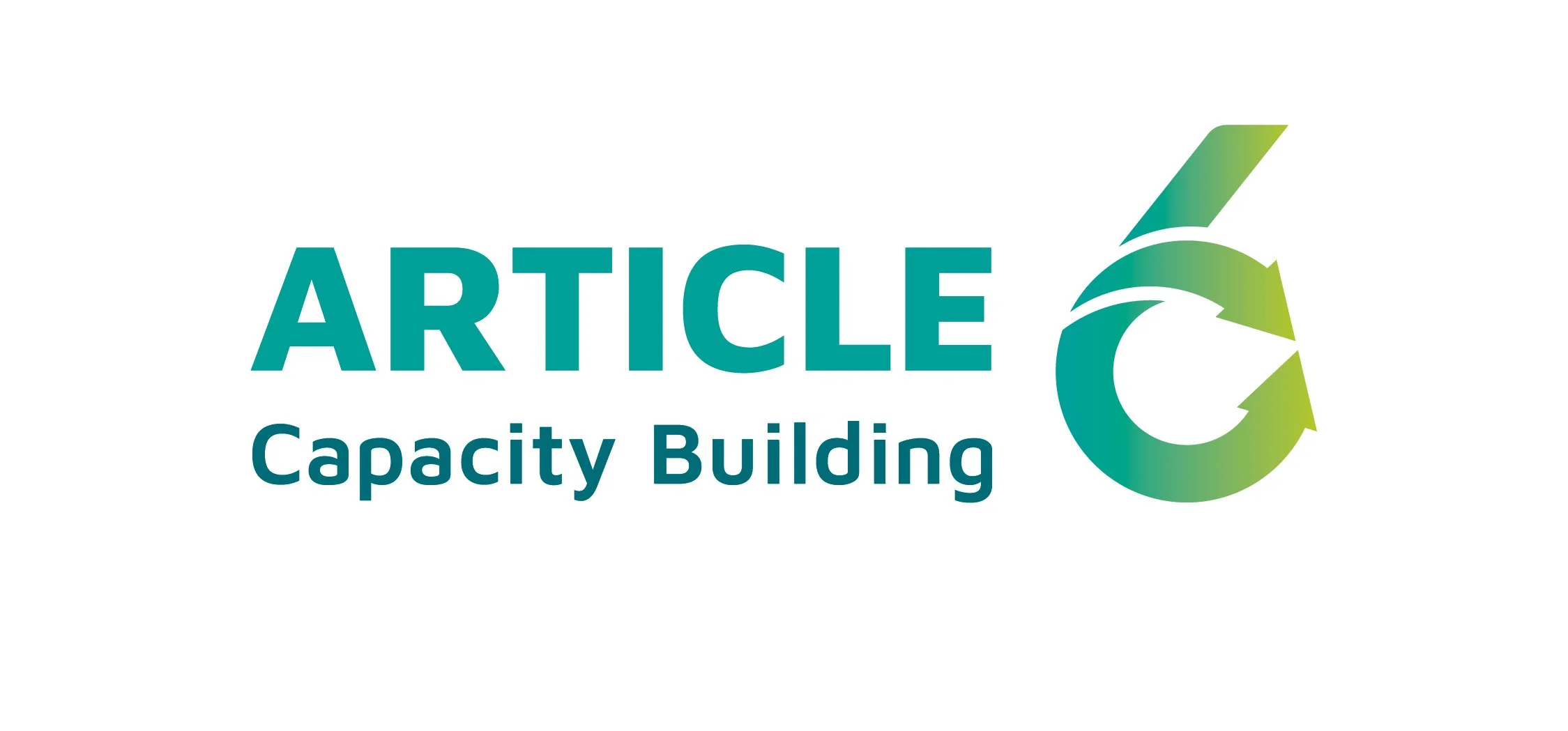
16:45 - 17:40 HIGH INTEGRITY IN PRACTICE – STANDARDS, VERIFICATION & MARKET TRUST
As integrity becomes the currency of carbon markets, questions around standards, verification, and local ownership are taking centre stage. This session explores the implications of evolving frameworks like Verra, Gold Standard, and Article 6.4, while addressing Africa’s capacity to build trusted, locally grounded systems for certification and market oversight.
Moderator: Olivia Tuchten, Principal Climate Change Advisor, Promethium Carbon, South Africa
Sponsored by:

VENUE: Oxford
• How can verification bottlenecks be addressed through local capacity building?
• What’s needed to build high-integrity carbon markets in the African context?
• Should Africa build its own certification and registry ecosystem - and if so, how?
Panellists:
• Heather McEwan, Senior Manager of Africa and the Middle East, Verra
• Carmen Alvarez, Jurisdictional Policy Lead, Sylvera, United Kingdom (V)
• Hugh Salway, Senior Director, Market Development and Partnerships, Gold Standard, Switzerland
• Franz Rentel, Managing Director, Anthesis, South Africa
• Roselyn Fosuah Adjei, Director of the Forestry Commission Training Centre of Ghana and Senior Advisor Consultant to the Environmental Defense Fund (EDF), Ghana
• Shikha Sharma, Global Technical Lead for Climate Change projects, SGS Group, India
17:40 Welcome Drinks
Sponsored by:

VENUE: The Conservatory – ground floor
7:00 - 8:00 Registration VENUE: Hotel Lounge, ground floor
7:00 - 8:00 Coffee VENUE: 4th floor foyer
8:00 INVESTOR ROUNDTABLES CONNECTING CLIMATE CAPITAL WITH SCALABLE CARBON SOLUTIONS
The Investor Roundtables aim to create a focused and dynamic setting where a select group of carbon market investors and financiers can present their funds, strategies, and investment opportunities to both potential capital partners and carbon project developers. This unique format facilitates dual engagement - fostering collaboration among investors while offering developers practical insights into accessing finance. The goal: to accelerate the flow of capital into Africa’s carbon pipeline and support the scale-up of high-integrity, investable climate solutions.



VENUE: Cambridge
AfDB - Olufunso Somorin, Carbon Markets Coordinator, African Development Bank Group, Kenya
• This table will explore how the AfDB is driving investment in Africa’s carbon markets and climate-aligned projects. The discussion will focus on the Bank’s role in de-risking investments, scaling private sector participation, and supporting policy and financing frameworks that enable high-integrity, Africa-led carbon and nature-based projects.
FSD Africa - Reshma Shah, Lead, Carbon Markets, FSD Africa, Kenya
• This table will focus on mobilising catalytic and blended finance to scale Africa’s nature-based and biodiversity-rich carbon projects. The discussion will identify opportunities for investors to back high-integrity, high-impact initiatives that deliver climate resilience, community benefits, and measurable nature outcomes.
Offset8 Capital - Ivan Mozharov, Co-Founder, Offset8 Capital, UAE
• This table explores the investment criteria Offset8 Capital applies when evaluating Nature-Based Solutions (NBS). Participants will gain insight into what institutional investors seek to underwrite large-scale climate projects — including credit quality, project readiness, and CORSIA eligibility. The discussion will highlight how well-structured projects can unlock upfront capital through prepayment mechanisms and secure long-term offtake agreements.
08:45 - 10:20 SCALING IMPACT: UNLOCKING CAPITAL FOR AFRICA’S CLIMATE TRANSITION
From designing investment-ready carbon projects to mobilising private capital and managing long-term revenue risks, this track brings together impactful leaders, project developers, and financiers to address both sides of the investment equation. Through strategic discussions and curated project showcases, we explore how Africa can scale high-integrity climate solutions - and how capital can be deployed to accelerate the continent’s just transition.
Master of Ceremony: Gofaone Modise, Director, Inbound Media, BotswanaVENUE: Oxford


• What does investor-ready actually mean in carbon markets?
• How can carbon finance be de-risked to unlock investment?
• Is carbon revenue bankable? Lessons from off-take deals, insurance, and guarantees
• How can blended finance unlock early-stage carbon projects in Africa?
Moderator: Laura Lahti, Head of Impact, Camco, South Africa
Panellists:
· Flora Ji, Vice President, Nature Based Solutions, Shell Global
· Lawrence Cole-Morgan, Global Markets: Lead, Carbon Credit Trading, Standard Bank, South Africa
· Kyoo-Won Oh, Senior Underwriter, Carbon Finance Lead, MIGA
· Olufunso Somorin, Carbon Markets Coordinator, African Development Bank Group, Kenya
· Roland Hunter, Regional Lead for Business Development – Africa, South Pole
Lize Kok, Carbon Portfolio Manager, TASC, South Africa
10:05The Papariko project – Kenya
Robin Bartmann, Chief Operations Officer, Vlinder, Kenya
10:15 - 10:25 Rubeho Mountains Carbon Project - Tanzania
Bryan Adkins, CEO, Eden: People+Planet, Kenya
Sponsored by:


• What do investors need before backing carbon projects?
• Which structures are enabling large-scale capital flows?
• How are risk and return evaluated in today’s market?
• When will serious private capital enter at scale?
Moderator: Jonathan First, Senior Advisor, Climate Policy Initiative, South Africa
Speakers:
· Brad Moreland Co-Founder & Group Managing Director, TransEnergy Global, South Africa
· Reshma Shah, Lead, Carbon Markets, FSD Africa, Kenya
· Anelisa Matutu, Head: Commodities, Capital Markets, Johannesburg Stock Exchange, South Africa
· Paul Muthaura, CEO, ACMI, Kenya
· Tijani Nwadei, Partner, VIISAUS, Nigeria
Chidalu Onyenso, Founder & CEO, Earthbond, Nigeria
11:45 The Papariko project – Kenya
Nicole Dewing, Co-Founder & Managing Director, Africa Carbon & Commodities, Senegal
Cheikh Bamba Thioye, Consultant, Africa Carbon & Commodities, Senegal
11:55 OFF-Grid Europe & Africa – Zambia & Senegal
Toni Heigl, Senior Manager Corporate Finance, Off-Grid Europe, Germany
Breakaway
Sponsored by:

VENUE: Oxford
This workshop unpacks what it truly means to be “investor-ready” in today’s carbon markets. Through practical insights from developers and financiers, participants will explore financial structuring, risk allocation, and the building blocks of credible, fundable carbon project models.
Key themes:
• Designing bankable carbon project models
• Risk-return expectations and common pitfalls
• Insights from investors, project developers
This session is designed for carbon project developers and technical advisors seeking to attract investment, as well as climate-focused investors and DFIs looking to engage with early-stage pipelines.
Facilitators:
• Charles Nweke, Venture Building Engagement Lead, Catalyst Fund, Nigeria
• Nick Marshall, Co-founder & Head of Carbon, TASC / Chairman, Project Developer Forum (PD Forum), Germany
14:00 - 15:00 WORKSHOP 3 – Demystifying Carbon Project Certification
What developers need to know to get certified.
Long timelines, limited local verification bodies, and unclear certification pathways are slowing down Africa’s ability to meet growing global demand for high-integrity carbon credits.
Through practical insights and real-world case studies, this session breaks down the project cycle, validation requirements, and verification processes. Experts will clarify how to work with standards bodies and avoid common bottlenecks in carbon credit issuance.
Key themes:
• Step-by-step of certification & MRV
• How to choose and apply the right methodology
• Working effectively with verifiers and standard-setting bodies
• Common bottlenecks and how to avoid them
• Tools and strategies to accelerate timelines and reduce costs
Facilitators:
• Hugh Salway, Senior Director, Market Development and Partnerships, Gold Standard, Switzerland
• Madeleine Garlick, Africa Director, One Carbon World
Sponsored by:
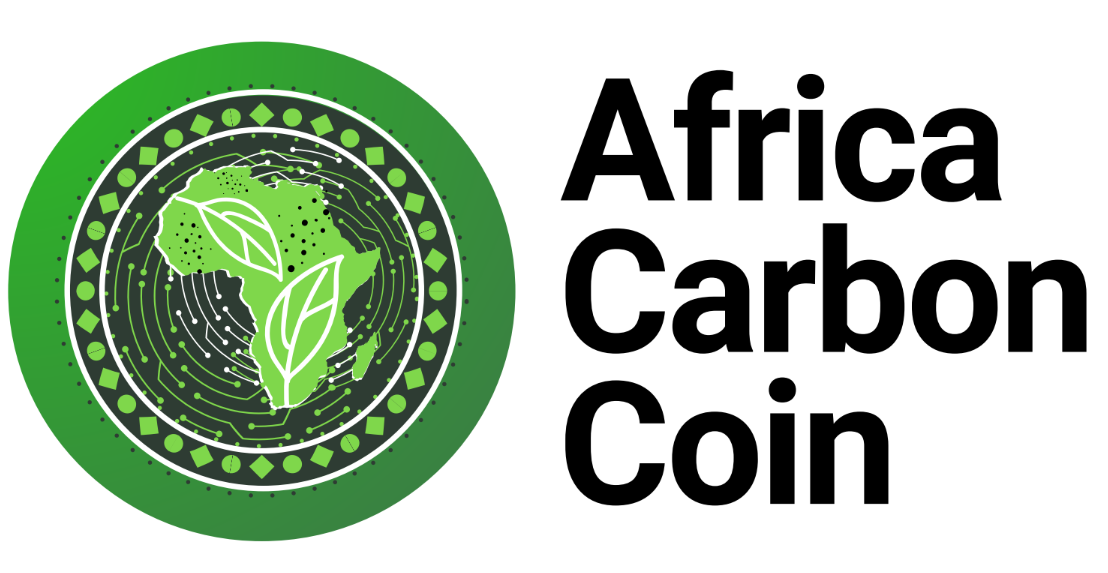
This workshop is designed for African corporates and SMEs looking to understand the business case for engaging in carbon markets. Learn how to assess opportunity, build internal capacity, and identify viable market entry points.
Key themes:
• Where are the entry points for African corporates in carbon markets?
• How to align your business model with carbon revenue streams
• From buyer to developer: what roles can companies play across the value chain?
• Examples of African businesses leading in carbon market engagement
Facilitators:
• Bernardin Uzayisaba, Carbon Market Programme Specialist, UNDP, South Africa
• Gevano Dantu, CEO & Co-Founder, Poly Renewable Energy, South Africa
14:05 - 15:00 WORKSHOP 4 - Building Domestic Voluntary Carbon Markets
What it takes to design credible, investable voluntary carbon markets at the national level.
As African countries look to raise carbon finance from voluntary carbon markets to support priority infrastructure development, this workshop explores key aspects of the market and in particular the demand and supply sides anchored in national programs. Drawing from work done on the models like South Africa’s, the session will unpack practical steps to establish market ecosystems, ensure alignment with global standards, and the alignment required among investors and stakeholders.
The workshop will also highlight the importance of operationalising Article 6 at the national level by putting in place enabling domestic crediting and governance frameworks. Participants will gain insights into how countries can establish their own Standardized Crediting Frameworks, ensuring integrity, transparency, and readiness to access international carbon finance.
Key themes:
• Demand and Supply sides
• How this interacts with Article 6 and Carbon taxes
• Domestic registries and MRV systems
• Aligning with international standards while enabling local participation
• Case study
Facilitators:
• Jonathan First, Senior Advisor, Climate Policy Initiative, South Africa
• Peng Liu, Senior Climate Finance Specialist, World Bank (V)
Sponsored by:

SECTOR-FOCUSED DIALOGUE
VENUE: Oxford
Clean energy access and efficient cookstove technologies are among Africa’s most scalable climate solutions — and carbon finance has played a critical role in driving their expansion. This dialogue convenes manufacturers, financiers, project developers, regulators, and distributors to explore the evolving standards, market trends, and impact metrics shaping the future of energy-access carbon credits.
A dialogue at the intersection of clean energy, climate finance, health, and inclusive development.
Contributors: • Daniel Okoth, Head of Carbon, SunCulture, Kenya
• Shaun Slabber, Co-Founder & CEO, Crunch Carbon, South Africa
• Edwin Cogho, Carbon Portfolio Head, TASC, South Africa
VENUE: Cambridge
Africa’s vast coastline holds untapped potential for carbon sequestration through mangroves, seagrasses, and marine ecosystems. This dialogue explores the emerging science, governance models, and investment approaches for blue carbon — from pilot projects to national strategies. It aims to bridge conservation, community stewardship, and carbon finance to unlock scalable coastal climate action.
Engaging coastal governments, conservation finance experts, blue carbon project developers, marine scientists, and policy leaders working to scale Africa’s ocean-based climate solutions.
Contributors:
• Samantha Petersen, West Indian Ocean Seascape Lead, WWF, South Africa
• Candice Stevens, Founder and CEO, Sustainable Finance Coalition, South Africa
• James Mansfield, Managing Director, Finance Earth, UK
Sponsored by:

VENUE: Oxford
Featuring voices from project developers, Indigenous and local actors, investors, standard bodies, and government agencies in land use and environment.
Contributors:
• Bernardin Uzayisaba, Carbon Market Programme Specialist, UNDP, South Africa
• Reshma Shah, Lead, Carbon Markets, FSD Africa, Kenya
• Marc Baker, Director & Co-Founder, Carbon Tanzania, Tanzania
• Tim McLellan, CEO, Trees for the Future
VENUE: Cambridge Cities are on the frontlines of climate action — and carbon markets are beginning to recognise the value of urban interventions in transport, buildings, waste, and circular economy models. This session convenes city leaders, technology providers, project developers, and financiers to explore how carbon finance can accelerate low-carbon urban transformation and inclusive service delivery.
A conversation on turning urban systems into engines of low-carbon growth and circular innovation.
Contributors:
• Toni Heigl, Founder & CEO, CarbonWise Consulting, Germany
• Roland Dieterle, CEO, Spacial Solutions GmbH, Germany (V)
• Stefan Simon, CEO, SURUS Automotive, Tunisia
17:00 - 17:30 CLOSING SESSION - Recommendations for COP30
What should Africa take to the COP30 table? This forward-looking session distils collective insights from the Summit into strategic recommendations to inform the continent’s engagement in global carbon market negotiations and climate finance discussions.Summit envoy to COP: Estherine Lisinge Fotabong, Director, Agriculture, Food Security and Environmental Sustainability, African Union Development Agency – NEPAD, South Africa
VENUE: Oxford
Spotlight on Carbon Projects & Solutions :
Renewable Energy
Reforestation &
Forest
Conservation
Energy Efficiency
Waste
Management
Sustainable
Agriculture
Blue Carbon
Initiatives
2025 Project Presentations
TASC

Time : 09:55
Date : October 23 2025
Akwaaba Project – Ghana

Time : 14:35
Date : October 22 2025
Mafisa Zambia

Time : 16:25
Date : October 22 2025
PRO GREEN EARTH

Time : 11:55
Date : October 22 2025
Trees for the Future

Time : 11:45
Date : October 22 2025
NOBLESSE GREEN ENERGY LTD

Time : 14:25
Date : October 22 2025
Eden: People+Planet

Time : 10:15
Date : October 23 2025
VLINDER

Time : 10:05
Date : October 23 2025
WICCARE Africa Limited
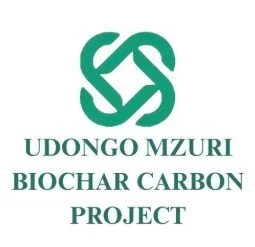
Time : 12:05
Date : October 22 2025
Earthbond

Time : 11:35
Date : October 23 2025
Off-Grid Africa

Time : 11:55
Date : October 23 2025
GIZ Botswana and SADC

Time : 16:25
Date : October 22 2025
Phambili Biomass Conversion Technology

Time : 16:45
Date : October 22 2025
Deekali Plastic Waste Recovery

Time : 11:45
Date : October 23 2025
Grassland Restoration and Stewardship in South Africa (GRASS) Project – South Africa
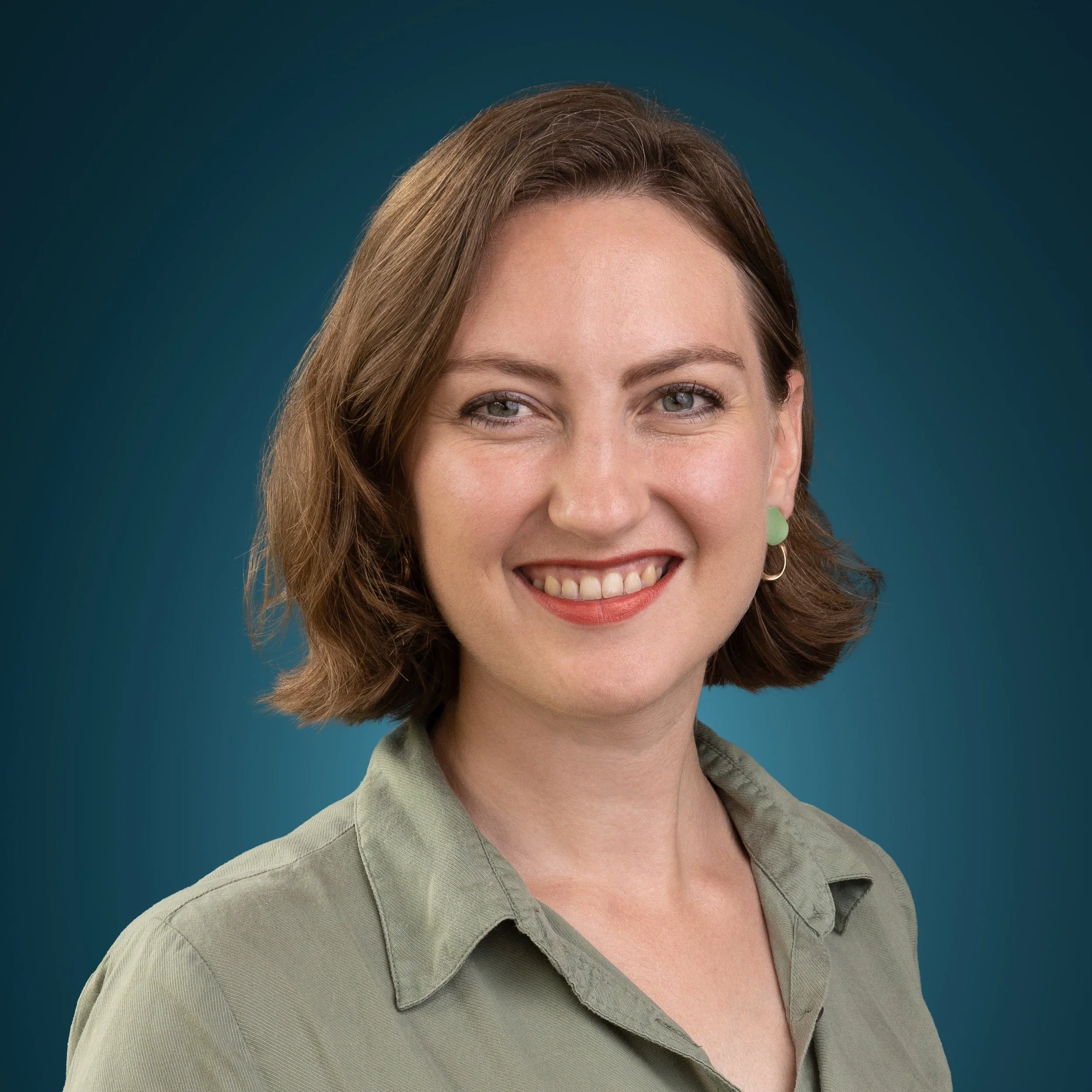
Livestock farming spans 34 million hectares in South Africa yet challenges faced by farmers range from the spread of inedible, alien invasive plants, poor grazing management, proliferation of ticks and other pests, social pressure, and a lack of resources. However, TASC’s Grassland Restoration and Stewardship in South Africa (GRASS) project is regenerating grasslands through the implementation of adaptive livestock and land management. By working directly with farmers in both communal and commercial landscapes, we’ve been able to place over 600,000 hectares under regenerative management.
Akwaaba Project – Ghana
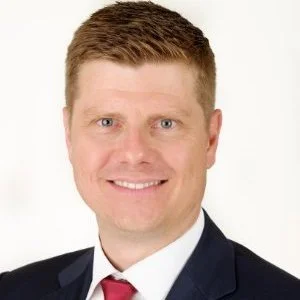
The project is a grouped project that aims to restore approximately 100,000 ha in degraded Forest Reserves in Ghana. The project aims to achieve the sustainable restoration of highly degraded reserve areas through diversified mixed-species plantings that re-establish native flora and fauna, enhance ecological connectivity, and mitigate the adverse effects of deforestation. Central to this endeavour is the goal of ecosystem restoration, achieved with best-practice planting methods to maximise the survival and growth of indigenous species mixes, using species that are carefully selected to re-create natural forest structure. The Climate, Community, and Biodiversity goals of the project are to re-establish and protect natural forest landscapes, recovering threatened biodiversity in a globally important conservation hotspot, sequestering CO2 and improving the provision of ecosystem services including water regulation, nutrient cycling, and climate regulation.
The project aims to achieve the sustainable restoration of highly degraded reserve areas through diversified mixed-species plantings that re-establish native flora and fauna, enhance ecological connectivity, and mitigate the adverse effects of deforestation. Central to this endeavour is the goal of ecosystem restoration, achieved with best-practice planting methods to maximise the survival and growth of indigenous species mixes, using species that are carefully selected to re-create natural forest structure. The Climate, Community, and Biodiversity goals of the project are to re-establish and protect natural forest landscapes, recovering threatened biodiversity in a globally important conservation hotspot, sequestering CO2 and improving the provision of ecosystem services including water regulation, nutrient cycling, and climate regulation.
Mafisa Zambia
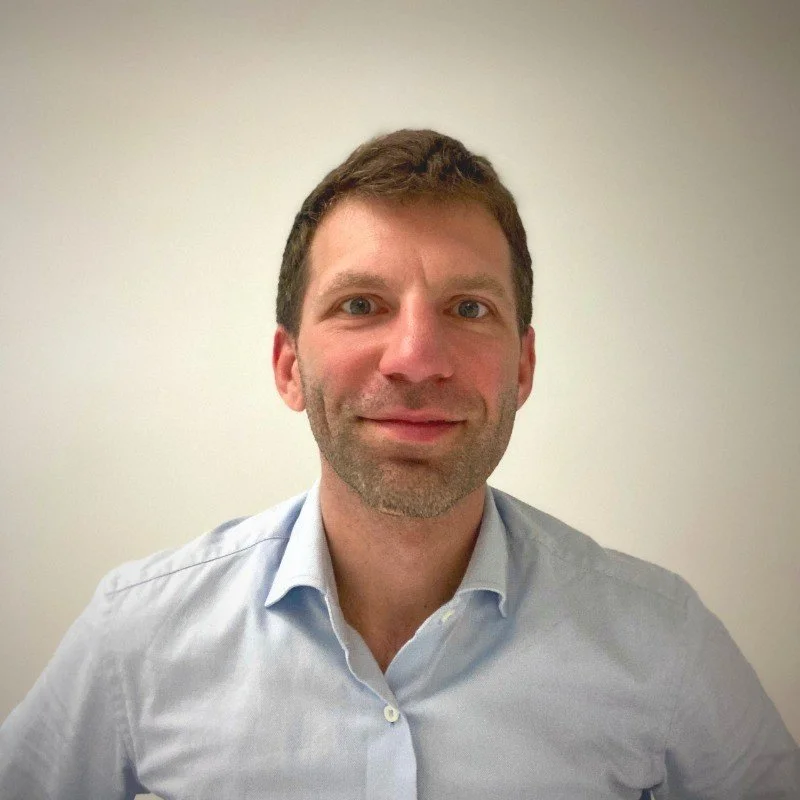

The Mafisa Livestock Grazing Carbon Project, led by Zambian NGO Mafisa, is a transformative initiative in southwestern Zambia that combines climate action with community empowerment. Through improved rotational grazing and fire management across around 1 million hectares, the project aims to restore degraded rangelands, enhance biodiversity, and sequester over 24 million tonnes of CO₂e by 2063.
Crucially, the project will deliver substantial livelihood benefits across 118 communities. Carbon investment fund free animal health services for cattle farmers—boosting herd productivity and reducing mortality—and improved access to market via new cattle buying centres. Over 470 boreholes will be drilled providing access to water, to enable rotational grazing practices and support small-scale agricultural activities. The project also strengthens climate resilience by increasing forage availability during droughts and reducing disease risks through better land and water management. Non-cattle owners, in particularly women, are supported by alternative income-generating activities. These include drought-resilient crops, small livestock initiatives.
With deep community engagement and traditional leadership support, Mafisa revives indigenous practices while building sustainable, inclusive rural economies. This model not only mitigates climate change but also uplifts some of Zambia’s most vulnerable communities, with around 100,000 people, including 50,000 women, expecting to experience improved incomes and well-being.
PRO GREEN EARTH
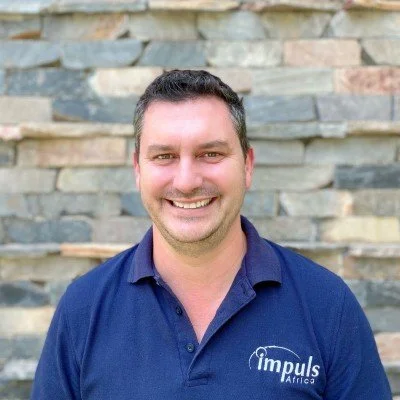

Short project summary: Implemented by Pro Green Earth, the Barotse Rangelands for Restoration Project (BR4RP) aims to drive systemic change by fostering regenerative livelihoods within Zambia's Western Province. Through implementing improved livestock production and rangeland management programs across 1.2 million hectares, BR4RP will enhance ecosystem biodiversity in the Barotse floodplains, generate significant livelihoods benefits for tens of thousands of smallholder farmers, increase soil carbon sequestration and reduce greenhouse gas emissions, facilitating climate change resilience for landscapes and food systems.
1. Project lifecycle stage - Under Development. Expected PDD validation in February 2026.
2. Value proposition - Anticipated increase in smallholder farmer incomes of >$3m/year; Innovative benefit sharing mechanism with provincial-focused agricultural social enterprise; improved fire and rangeland management within a unique geographical and cultural landscape, in close collaboration with the traditional leadership, the Barotse Royal Establishment.
3. Expected price and volume of credits per annum - Removals target of 30m tonnes of Co2e over 40 years; high-integrity pricing, Article 6-aligned
4. Anticipated project costs - $10.2 million ($7.5m of which are direct community benefits) for initial instance covering 200,000 hectares over 4 years
5. Funding gap (Ask) - ~$10 million
6. Type of finance required - a combination of pre-sales, debt, equity, grants. Open for discussion.
Trees for the Future’s (TREES) Lake Victoria Watershed Agroforestry Carbon Project


Trees for the Future’s (TREES) Lake Victoria Watershed Agroforestry Carbon Project is a sustainable agroforestry project implemented with smallholder farmers in counties adjacent to the lake in Kenya, Uganda and Tanzania. Started in 2020 in Kenya, the three projects are being rolled out in different phases by country and by instance. They are anticipated to cover at least 300,000 hectares working with more than 350,000 farming families across the region.
Using VERRA’s VCS with CCB standards, these projects work with smallholder farmers farming on less than 2 hectares to develop agroforestry projects that sustainability improve the productivity of their land and provide multi-benefits, including benefit share of the monitored and verified VCUs.
Farmers are trained to implement agroforestry practices that transform their conventional agriculture land into diverse nature-based carbon sinks with above and below ground biomass and improved soils. Throughout this region, cropland is under low yield cultivation of grain crops. In addition to creating VCUs, the sustainable agroforestry techniques and extension services provided to farmers ensure diversification of cropping systems, including horticulture crops and fruit and fodder trees. Further, the project will improve nutrition, increase income and resilience, develop the sustainable growing capability of the land, and enhance biodiversity in this critical watershed.
More information at: https://trees.org/lake-victoria-carbon/
For Investor Community -
1.Project lifecycle stages
2.Kenya – Under Validation (VM0042) Verra Project # 4408
3.Uganda – Under Development (VM0047) Verra Project #5483
4.Tanzania – Pre-Feasibility
Representatives from the TREES team in Kenya, Uganda and Tanzania as well as TREES’ CEO Tim McLellan will be at the Summit and happy to discuss value propositions, expected prices and volumes, project costs, and finance needs. Conversations can be set up ahead of time by emailing carbon@trees.org
Trees for the Future’s (TREES) Lake Victoria Watershed Agroforestry Carbon Project
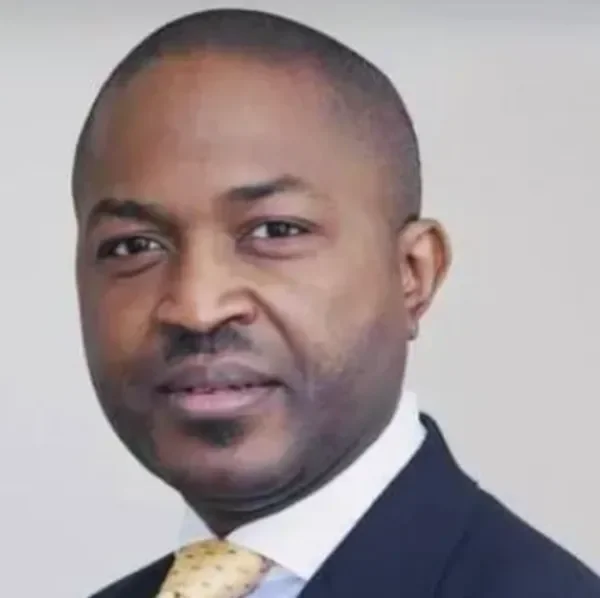
The ambitious goals of the AFRP encompass the restoration of over 23,000 hectares of native forest. This initiative aims to capture and sequester significant amounts of carbon dioxide from the atmosphere, with a focus on enhancing biodiversity, protecting local wildlife habitats, and promoting sustainable land-use practices. Notably, the project emphasises community engagement by actively involving residents in reforestation, thereby creating jobs, supporting livelihoods, and fostering a sense of stewardship towards the environment.
Rubeho Mountains Carbon Project (Tanzania)

A short paragraph describing your project (for use on our platforms)
Compassionate Carbon's Rubeho Mountains Carbon Project represents landscape restoration at transformative scale, protecting 260,900 hectares of Tanzania's Eastern Arc Mountains—a globally recognized biodiversity hotspot—while restoring 10,000 hectares of degraded forest. This 40-year initiative addresses deforestation by partnering with community members across 40 villages and the Tanzania Forest Service to implement community-based forest management and sustainable livelihood activities, joining with local and international partners for social and biodiversity monitoring and activity implementation. The Rubeho Project safeguards critical water resources for over 7.5 million people while protecting ancient montane forests that harbor endemic species found nowhere else on Earth. Utilizing carbon finance, the project will generate sustainable funding that ensures lasting benefits for both communities and ecosystems.
1.Project lifecycle stage — PD drafting, first year implementation, pre-validation/verification
2.Value proposition
a.High quality credits: Estimated 14M VCUs available through 2066 for offtake or project investment, both REDD+ and ARR, certified by CCB. Open to equity investments in a project-specific SPV
b.Core benefits beyond carbon: Water security for 7.5 million people (material ESG impact), Endemic biodiversity protection in a global hotspot, Sustainable livelihoods for nearly 100,000 community members
c.Investment Security: Compassionate Carbon bringing 20+ years of project development experience in community-based restoration globally, Community ownership creating long-term protection incentives, Landscape-scale approach reducing leakage risks, Team looking into insurance models to protect project investments and community members
3.Expected price and volume of credits per annum -- Anticipating 3-year verification cycles, with ~5.3M VCUs generated by 2043 and the remaining ~9M VCUs to be issued from 2043-2066.
a.The total volume of credits includes 9,987,712 REDD+ credits and 4,158,650 ARR credits over 40 years
b.The project financial model uses MSCI price curves with 2025 REDD/ARR indices for Sub-Saharan Africa. A full financial model can be provided upon request
4.Anticipated project costs
a.Total project expenses over 40 years are projected to be $148M.
b.Of this amount, expenses are incurred by the following:
- Compassionate Carbon expenses = $63M
- Tanzania Forest Service expenses (to be refined) = $27.3M (Row 119 of "Credit Allocation v1” Sheet)
- Village expenses (to be refined) = $58M (Row 124 of "Credit Allocation v1” Sheet)
5.Funding gap (Ask)
a.Project maximum cashflow deficit is ~10M. The project can provide credits for investment, or indicative IRR for traditional investment is 16.88%.
6.Type of finance required
a.Open to equity and forward purchase
Papariko Blue Carbon Project – Kenya

Papariko is Kenya’s first blue carbon project certified under Verra’s VCS, CCB, and SD VISta standards and the only mangrove project globally with this level of certification — setting a national and global precedent for integrated climate, community, and biodiversity impact.
Papariko exemplifies a new model of regenerative development where communities are the stewards and co-beneficiaries of environmental restoration.
Project Lifecycle Stage- Implementation Phase – over 250 ha planted, expansion up to 3,000 ha possible in Kwale, Tana River, and Kilifi
- Investor for first 350 ha secured and funding deployed
- Currently 1,120 ha open for investment
- First project in Kenya with triple certification (VCS + CCB + SD VISta)
- High-integrity credits with measurable co-benefits aligned to SDGs
- Transparent carbon revenue sharing (25% gross, 40% net to local communities)
- Strong gender and youth inclusion (70% women employed)
- Tech-enabled monitoring using drones, eDNA, and digital tracking
- Total cost: USD 13 million
- CAPEX: USD 3.07 million
- OPEX (over 40 years - dependent on deal structure covered by Vlinder carbon share): USD 9.92 million
- Total Funding Gap: USD 6.7 million (USD 3.7 million in first 5 years)
- Investment + Stream (20 years): 251,114 credits @ USD 27/tCO₂ → Prepayment USD 6.7m, IRR 13.5%
- Prepay + Stream (15 years): 113,452 credits @ USD 45/tCO₂ → Prepayment USD 3.06m, NPV USD 5.5m
- Offtake + Debt Financing (15 years): 158,833 credits @ USD 63.7/tCO₂ → NPV USD 3.78m
- Project Equity Investment
- Debt Financing
- Offtake with Prepayment
- Offtake
Udongo Mzuri Biochar Carbon – Kenya
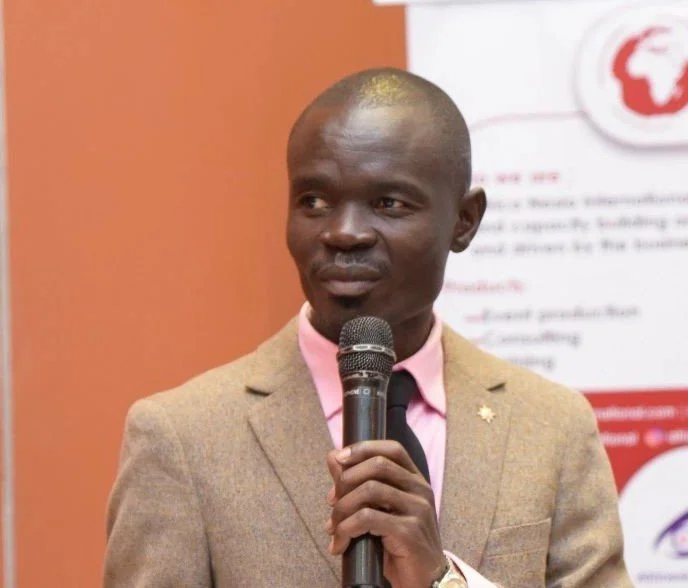
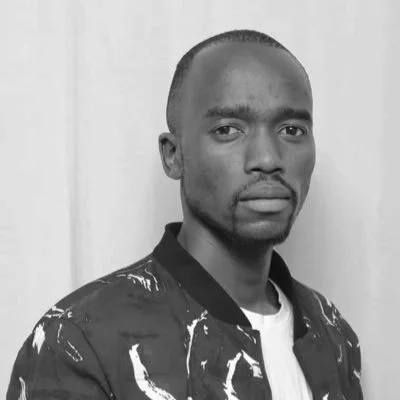
Now at the implementation stage, the project has already secured 2 acres of land where construction and installation of the machines is underway, imported specialized carbonization equipment which is already on site, and obtained all permits and environmental approvals. It is backed by a six-year biochar CORC offtake agreement, ensuring stable revenues from verified biochar carbon credits. In addition, a Memorandum of Understanding with Migori County Government ensures the distribution of biochar-based compost to local farmers, thereby embedding the project directly into agricultural systems.
Value Proposition-
This high-integrity carbon removal project operates in Migori County, Kenya, and integrates advanced biochar technology with local circular economies. The initiative will generate durable carbon removal credits while delivering transformative co-benefits:
- Agronomic Impact: Biochar improves soil fertility, increases yields, and enhances water retention for smallholder farmers.
- Social Enterprise Model: We commit 5% of profits to local NGOs and CBOs, ensuring community benefit sharing.
- Transparent carbon revenue sharing (25% gross, 40% net to local communities)
- Strong gender and youth inclusion (70% women employed)
- Tech-enabled monitoring using drones, eDNA, and digital tracking
Each additional hub costs $ 500,000 to build and a further $1 million to fully develop.
Expected Price and Volume of Credits per Annum
Based on our projections, we estimate 400,000 tonnes of uncommitted CORCs will be available between
2026 and 2035 from six future hubs across the region. These hubs will process a diverse range of waste
feedstock streams, including invasive water hyacinths - known for disrupting local aquatic ecosystems,
alongside agricultural residues such as rice husks, maize stalks, banana peels, and sisal fibers.
We are open to pre-financing discussions for this uncommitted tonnage.
-
We seek carbon prefinancing for:
-
Hub 2 only: $ 1.5 million• Hub 2 & 3: $ 3 million
Note: We are not soliciting equity investment in WICCARE Head Company.
- Loan secured against existing offtake agreements as collateral, or
- Pre-financing against uncommitted future CORC production.
Our project integrates a digital Monitoring, Reporting, and Verification (dMRV) stack from the outset. This ensures transparency, scalability, and integrity. This tech-forward approach strengthens verification credibility and reduces MRV overheads as we scale.
Earthbond

Lagos has around 4.7 million gensets, which emit an estimated 39 million tonnes of CO2 per year. The reliance on gensets for electricity due to insufficient grid availability leads to health issues and costs Nigerians ₦7.6 trillion on fuel and maintenance. The average small to medium business spends ~₦50,000-400,000 per month just on fuel. This is not just an energy crisis. It is a missed opportunity for economic growth, environmental sustainability, and global leadership. Earthbond, a climate tech start-up based in Lagos, is implementing a distributed solar project in Nigeria to reduce reliance on expensive and polluting gensets. Earthbond provides a digital one-stop-shop which removes the complexity and cost for over 45 million African businesses who need to switch to clean, affordable, and reliable energy. As well as the economic and health benefits, solar installations and the displacement of gensets will lead to a reduction in CO2 emissions. The technology includes solar PV systems which are suitable for micro, small and medium sized enterprises (MSMEs). The project aims to reach thousands of businesses across Nigeria and will last for 15 years. The Earthbond Distributed Solar project will create significant economic, social and environmental impact by reducing the costs associated with electricity supply, remove exposure to smoke and carbon monoxide, and reduce CO2 emissions.
- Project lifecycle stage: Implementation (250kWp deployed, 15MW target over 3 years)
- Value proposition: First women-led project in Nigeria with a focus on powering education, food systems and healthcare for communities in high demand. Our systems are provided with low-cost financing coupled with carbon-based rebates so that we can offer high quality systems that can actually fuel productivity allowing users to save more and make more with solar. We are offering high-integrity credits with co-benefits aligned to SDG 4,8,7,11, and 13. We share carbon revenues across the entire ecosystem back to installers, technicians, and the community. 80% of our leadership team are women, 40% of our entire team is women. We have end-to-end IoT-enabled monitoring.
- Expected price and volume of credits per annum (24000 tonnes/annum @ $15/ton)
- Anticipated project costs: $15M
- Funding gap (Ask): $5M (Bank partnerships offer us 10M in local currency debt financing but we need to close and crowd in the gap)
- Type of finance required: Debt, Equity, Purchase Agreements
Off-Grid Africa
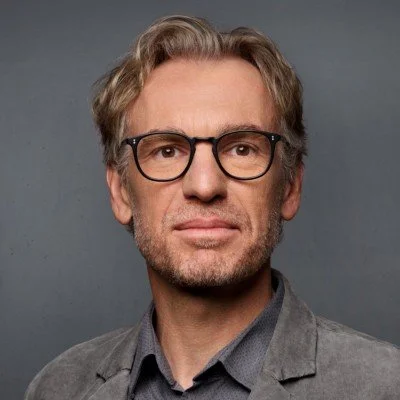
Project Developer: Off-Grid Europe / Off-Grid Africa
Website: https://offgrideurope.com/
Host Countries: Zambia (& Senegal)
-
Project Types:
- Renewable Energy (Solar PV + BESS)
- Controlled Atmosphere (CA) cold storage incl. Solar PV and Post-Harvest Loss Reduction Dimensions / Credit Volume:
- Total investment amounts (per program) are in the >100m USD range.
- Each program will deliver >>500.000 Article 6 credits (t CO2) over project lifetime. Project status:
- Idea Notes, project feasibility studies and calculations are ready. Alignment with host and buyer countries in progress. Carbon finance partners are being acquired later in the year
GIZ Botswana and SADC

The Cooling Program for Southern Africa (CooPSA) promotes the achievement of the targets of the Paris Agreement (PA) and the Montreal Protocol including its Kigali Amendment. Within this project, partner countries will be advised on carbon financing mechanisms according to Art. 6 of the PA. A carbon premium will be calculated based on the GHG savings from the reduction of indirect emissions from electricity generation and direct emissions from the avoidance of enormously climate-damaging F-gases.
The project aims to prepare framework conditions of an AC market introduction programme in Botswana, Eswatini, Namibia, and South Africa and make it operational by the end of the project: Minimum Energy Performance Standards (MEPS) as well as energy labels for ACs will be developed and established, an AC market introduction programme introducing natural refrigerants will be operational and a sustainable financing instrument will be implemented, which considers carbon finance provided under Article 6 of the Paris Agreement.
The successful implementation of the International Climate Initiative (IKI) funded programme in four partner countries (South Africa, Namibia, Botswana and Eswatini) would provide significant co-benefits such as the creation of new skilled jobs. The market penetration of natural refrigerants in developing and emerging countries would be facilitated. The successful, practical application of the Art. 6.2 Cooperative Approaches mechanism would demonstrate the use of market-based carbon finance as an effective tool to increase the ambition of NDC targets of developing countries and countries in transition.
Biomass Conversion Technology project – South Africa
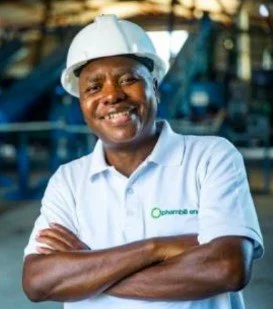
Phambili Energy (Pty) Ltd, a South African based company, is a producer of renewable energy, biochar-based/wood vinegar-based fertilisers, crop bio stimulants, and animal food, and carbon pellets used for smelter decarbonisation purposes and where ash and other chemicals like calcium are not desired in the processing. These products are processed from biochar, wood vinegar, bio-oil and syngas produced from an internally developed advanced pyrolysis technology which uses waste biomass and alien invasive plants (AIPs) as input raw materials. Within the daily course of business, this process produces auditable biochar-based carbon credits.
Africa Carbon & Commodities

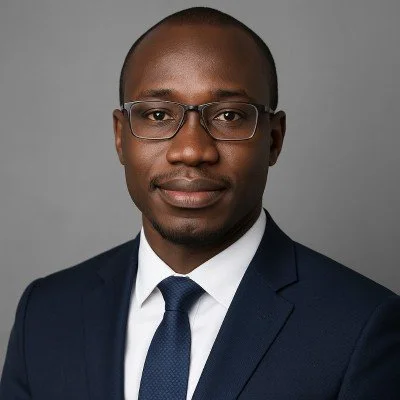
Deekali Plastic Waste Recovery is the first plastic-credit project registered in Africa and the first of its kind in a Least Developed Country. Initiated in Senegal the project tackles the growing challenge of unmanaged plastic waste that burdens urban centers, public spaces, landfills, and marine ecosystems across West Africa.
Led by Africa Carbon & Commodities (ACC) in partnership with the Senegalese recycling enterprises Proplast, Kaoplast, and Touba Recyclage Plastique, Deekali has built upon a coordinated, community-based recovery and recycling system. Trained collectors and organized women’s groups retrieve plastic waste from dumpsites, beaches, households, and public spaces. The collected material is delivered directly to the three partner recycling facilities, where it is transformed into high-quality flakes and chips for manufacturing as well as durable plastic lumber for household and commercial products.
The Deekali initiative cuts plastic pollution at its source, supplies manufacturers with affordable recycled feedstock that reduces reliance on virgin plastics, and creates stable, income-generating employment within a circular economy - all while serving as an educational platform for local communities.
Plastic-credit financing is essential to sustain and expand these achievements. Revenues from credit sales not only fund the enlargement of the collection network, the purchase of land for permanent recycling facilities, and the construction of improved infrastructure, but also support equipment upgrades, improved wages for workers, workforce training, opportunities for hard-to-recycle plastics, and the development of advanced processing technologies.
Plastic credits provide resources for community outreach and educational campaigns, ensure rigorous monitoring and verification required for credit issuance, and create the financial stability needed to replicate the model in other West African countries.
MEET THE 2025 ADVISORY BOARD
Andrew Gilder
Director, Climate Legal, South Africa
-
Andrew Gilder is one of South Africa’s leading private sector environmental, climate change and carbon markets lawyer – he is a Director of Climate Legal, with more than twenty-three years’ legal practice experience specialising in climate change (mitigation and adaptation), climate finance and development, carbon markets, carbon tax, environmental and energy law, policy and governance. His practical experience extends over a range of African jurisdictions, including advice to public and private sectors on the development and implementation of climate change, climate finance, carbon markets, carbon tax, environmental and energy law, policy and governance as well as regulatory and transactional advice to industries, foreign embassies and municipalities on the implementation of infrastructure development projects. His practical experience includes advising government, businesses and industries on climate change policy development and its implications, including climate change business risks and opportunities, assessing commercial relationships against evolving climate change policy and regulation and relevant contractual considerations, as well as advising on, negotiating and drafting of commercial contracts required to secure financial and logistical positions in the carbon market. He is also responsible for drafting the South African Climate Change Act 2024, for the Department of Environment, Forestry and Fisheries, together with related legal instruments, and was extensively involved in South Africa’s adaptation legal and policy alignment process. Andrew has worked on climate change legislation and strategy in Zimbabwe, Thailand, Mongolia, The Seychelles and the Southern African Development Community and has been recognised as a leading lawyer by PLC Which Lawyer? 2012 (Environment, South Africa), Best Lawyers 2018, 2020–24 (Environment, South Africa) and Chambers and Partners 2021–2024 (Environment, South Africa), and was shortlisted for an African Legal Award, in 2015. Andrew is the co-editor and co-author of three seminal works in the South African climate change and carbon market arena, namely: Climate Change Law and Governance in South Africa (Juta, 2016) (South Africa’s first comprehensive treatise on climate change law and governance), Concise Guide to Carbon Tax (LexisNexis, October 2020) and Comprehensive Guide to Carbon Tax (LexisNexis, March 2022).
Bianca Gichangi
Regional Lead - Africa, VCMI, Kenya
-
Bianca is the Regional Lead for Africa at the Voluntary Carbon Markets Integrity Initiative (VCMI). She recently completed a secondment as a Carbon Markets Advisor to the Office of the Special Envoy for Climate Change in the Executive Office of the President of Kenya. During her tenure, she played a pivotal role in shaping Kenya's policy and regulatory framework in alignment with the President’s vision of attracting carbon finance for Kenya’s green growth. She also organized the inaugural Kenya Carbon Markets Conference in March 2024, bringing together key stakeholders in a collective effort to participate in high integrity carbon markets. Now back at VCMI, her role focuses on leading delivery of VCMI strategy across Africa, including the scale up of VCMI’s access strategies . Prior to VCMI, Bianca was the Coordinator of the Eastern Africa Alliance on Carbon Markets and Climate Finance where she led capacity building activities on carbon markets for government and non-state actors. Her experience also extends to serving as a Lead Coordinator and negotiator for Article 6 for the Kenya Delegation at climate change negotiations.
Brett Stacey
Director, Carbon Zero Verification Limited, UK
-
Brett Stacey has more than 30 years of experience in Financial and Commodity markets. He was part of the team that set up the futures exchange in South Africa and held the position of Deputy Chairman for several years. He founded the first derivative broking business in South Africa, which was eventually sold to Flemings Bank and later JP Morgan. After emigrating to the UK, he started the Carbon Desk, which was the largest independent broker on the Climate Exchange until the demise of the market in 2011. Brett has also advised on the development of the trading platform and registry and continues to build the team to ensure the integrity and functioning of the trading and registry system for our clients.
Dr. Olufunso Somorin
Regional Principal Officer, AfDB, Kenya
-
Dr. Olufunso Somorin is a Regional Principal Officer at the African Development Bank. He leads the Bank’s work on climate change and green growth in the 13 countries of the Bank’s East African region. This includes supporting countries’ access to climate finance for climate actions, and mainstreaming climate change in policies and programs. He leads strategic dialogues with public and private institutions on policy frameworks for managing local/regional socio-economic issues, climate change, renewable energy, carbon markets, infrastructure, ESG and inclusive growth. Between 2013 and 2017, he coordinated the Bank’s work on addressing fragility and building resilience within the Horn of Africa. In the last 13+ years in the Bank, he has been directly involved in the design, appraisal, and supervision of more than 300 development projects across multiple sectors, worth more than USD 20 billion. Over the last 17 years, Dr Somorin has published more than 50 articles on climate policy in Africa and has spoken at 300+ conferences and events.
Olivia Tuchten
Principal Climate Change Advisor, Promethium Carbon, South Africa
-
Olivia Tuchten is a Director at the Promethium group of companies, which is a multi-disciplinary team of independent and passionate carbon and climate change advisors.
She represents Promethium on the Executive Committee of the Project Developer Forum, a collaborative association of companies and practitioners that are developing and financing greenhouse gas emission reduction projects around the world, as well as the ISO Technical Committee 207 (Environmental Management). In her personal capacity, she is a UNFCCC nominated expert and was also on the Article 6.4 Mechanism Roster of Experts as a “Methodologies Expert” until March 2025.
She holds a Masters in Business Administration and undertook her research dissertation on the advantages of strategic alliances in the South African renewable energy industry, with specific reference to the first phase of the recent Renewable Energy Independent Power Producer Procurement Programme undertaken in South Africa to drive development of the renewables sector.
She has worked in the climate sector for over 15 years, and has been involved in the development, registration and issuance of carbon offset projects for this length of time. Her passion is to develop and grow carbon markets in Southern Africa and across the continent.
Reshma Shah
Lead, Carbon Markets, FSD Africa, Kenya
-
Reshma Shah is a strategic and impact-driven leader with over 20 years’ experience spanning sustainability, finance, risk, and business strategy. She has worked extensively across Africa and the Middle East, with a focus on the finance, infrastructure, and extractives sectors — and a growing emphasis on nature-based economies and climate solutions.
Reshma currently leads the Carbon Centre of Expertise at FSD Africa, where she is shaping the future of carbon markets across the continent. She drives strategy, policy engagement, and innovative financing models to unlock climate capital and scale high-integrity carbon markets. Her work supports both nature-based sectors — including forestry, agriculture, and land use — and technological sectors, helping them access carbon finance and deliver high-quality, verifiable credits with strong co-benefits for communities and biodiversity.
She works closely with governments, regulators, and private sector actors to build enabling environments, strengthen ecosystems, and embed environmental and social integrity into market design.
Previously, Reshma served as Sustainability Director at Equity Group, the largest financial institution in East and Central Africa, where she integrated ESG across operations and advanced sustainable finance, climate resilience, and inclusive growth.
Her expertise spans sustainable finance, ESG and climate risk, mergers and acquisitions, stakeholder engagement, and shared prosperity models that balance commercial, technical, environmental, and socio-economic outcomes. She is known for her ability to navigate complex systems, forge impactful partnerships, and deliver tangible, scalable results.
Reshma holds an Economics degree from the University of Manchester, an Executive MBA from École des Ponts ParisTech, and certifications in sustainable finance and climate from Cambridge University and ICMA. She is also a UK-qualified Chartered Accountant and Chartered Tax Adviser.
Lawrence Cole-Morgan
Global Markets: Lead, Carbon Credit Trading, Standard bank
-
Lawrence Cole-Morgan holds a law degree from the University of Birmingham and is a UK-qualified solicitor. He has also recently obtained a master’s degree in Environmental and Energy Law, also from the University of Birmingham. Lawrence spent 5 years as a banking and finance lawyer with leading English and New York law firms before moving into banking, where he worked in structured finance for Bankers Trust and Deutsche in London, Singapore, and Tokyo. In 2010, Lawrence joined Standard Bank’s Investment Banking team, where he worked on numerous financing transactions, and in 2022, he moved to the Global Markets division of Standard Bank to set up the bank’s carbon credit trading and finance business.
Heather McEwan
Regional Representative, Africa, and the Middle East - Strategy, Policy, and Markets Department, Verra
-
BIO TBC
Andrew Ocama
Coordinator, Eastern Africa Alliance on Carbon Markets and Climate finance
-
Andrew Ocama is a seasoned sustainable development professional with more than 14 years’ experience in the carbon markets. He has served in several carbon asset development management and consulting roles in the region and led teams to remarkable degrees of measurable success in both the Gold Standard and CDM. He is a long-standing supporter of the Alliance and has been available to contribute to several consultations regarding carbon market systems formation especially with regard to Article 6. He took on the role of the Alliance coordinator in the fourth quarter of 2024 and is leading on the implementation of the organizational strategy, institutional growth, and the delivery of projects, mainly country structural priorities, with regard to readiness for carbon markets access and climate finance. He most recently served as an embedded Climate Finance Advisor working with the Tony Blair Institute for Global Change in Ethiopia supporting the Ministry of Planning and Development in the development of systems for carbon markets and the sovereign wealth fund in the development of a climate strategy and a pipeline of projects. Before that, he served in Senior Management roles with Evidence Action, leading in the issuance of more than 2.4 million carbon credits certified under the CDM and Gold Standard. He previously led country programs for Co2balance in Uganda and Rwanda and has served as a consultant on development of African clean cooking and hydro power carbon projects with the South Pole Group.
Bernardin Uzayisaba
Carbon Market Programme Specialist, UNDP
-
BIO TBC
Maxime Bayen
Operating Partner, Catalyst Fund
-
BIO TBC
Javier Manzanares
CEO, ALLEN MANZA
-
BIO TBC
Hubert Ruzibiza
Founder, Climate Prosperity Center – Africa, Rwanda
-
BIO TBC
Ritah Rukundo
Manager -Global Carbon Market Project, Uganda & Eastern Africa
GIZ
-
BIO TBC
Ibrahim Shelleng
Senior Special Assistant to the President, Government of Nigeria
-
BIO TBC
Storm Patel
Commercial Director TASC
-
BIO TBC
Kwame Abadio
Senior Programme Officer, Climate Resilience Mitigation , AUDA-NEPAD
-
Kwame Ababio is the head of the Environment and Climate Change Unit at the African Union Development Agency (AUDA-NEPAD), the development body of the African Union. In this role, he provides technical leadership for a wide range of sustainable development initiatives across Africa, focusing on program delivery, partnership building, capacity development, and resource mobilisation through strategic engagement with governments, regional organisations, development partners, and other stakeholders.
Kwame has represented the African Union at numerous global platforms, particularly on matters related to Multilateral Environmental Agreements. He has overseen the implementation of several flagship programs within AUDA-NEPAD, including the NEPAD Climate Change Fund, the Sustainable Land and Water Programmes, and the Africa Climate Smart Agriculture Alliance. His leadership extends to the evolving field of carbon markets, where he coordinates the agency’s work to implement decisions by the African Union Assembly of Heads of State, notably the development of African Principles for carbon markets and the establishment of a continent-wide coordinating mechanism for carbon market activities.
Kwame earned a master’s degree in environmental governance from the University of Freiburg in Germany. He is currently a PhD candidate and fellow at the Climate Policy Lab of the Fletcher School of Law and Diplomacy, Tufts University, where his research focuses on climate policy, climate finance, carbon markets, energy transitions, and adaptation strategies.
Ravi Raichoora
AUDA-NEPAD
-
BIO TBC

